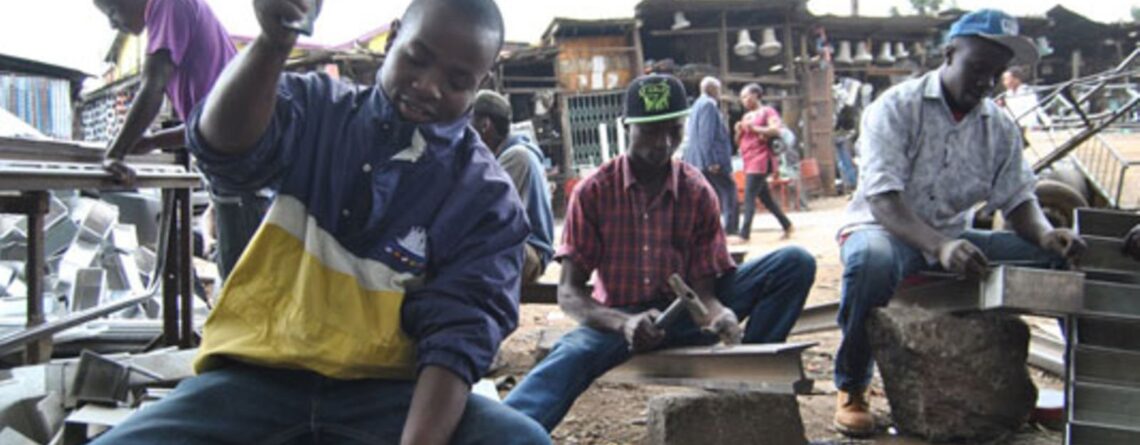Kenya. Workers in informal sector to receive regulated wages, pension in new govt plan
The government has announced that workers in the informal sector will soon begin saving for their retirement and receive medical coverage through an expanded social protection programme.
Speaking on Thursday during the launch of a social protection project funded by China in Nairobi, Labour and Social Protection Cabinet Secretary Alfred Mutua said the new plan, which is set for immediate implementation, is expected to benefit Kenya’s 16 million informal-sector workers.
This will be done by introducing regulated minimum wages and mandating employer pension contributions, similar to what is already in place for formal sector employees.
Mutua emphasised the need to include informal workers in such programmes, noting, “Exclusion from social protection interventions has left the informal sector unprotected against risks like sickness, disability, maternity, old age, and shocks from climate-related hazards such as droughts and economic crises,” said CS Mutua.
The informal sector, which comprises 16 million workers across more than five million enterprises, vastly outnumbers Kenya’s formal workforce of 3.9 million.
Additionally, around 6.4 million households engage in informal agricultural activities to sustain their livelihoods.
The new programme will bring both employers and employees in the informal sector into the social protection system, with the government contributing funds just as it does for formal sector workers.
Social Protection Principal Secretary Joseph Motari revealed that data collection for a comprehensive registry of informal sector workers was nearing completion in 12 counties. He noted that this registry will guide accurate interventions for these workers.
PS Motari also announced improvements to the Inua Jamii cash transfer programme, noting that payments would transition from bi-monthly to monthly starting December 1, 2024, with disbursements made via M-Pesa to enhance efficiency and reduce fraud.
“This shift will help reduce cases of elderly people being robbed shortly after receiving their stipends at banks,” he added.
Currently, the programme benefits 1.7 million people, up from 1.2 million.
Whereas the beneficiaries of the cash transfer programme have increased from 1.2 to 1.7 million, Motari said there remained a big gap in reaching workers in the rural and informal economy, something that they intend to fix “as soon as possible.”.
International Labour Organisation (ILO) Country Office Director Caroline Mugalla said the project would contribute to achieving universal social protection and decent work in Kenya.
“It will ensure Kenyans live with dignity, develop their human capabilities, and contribute to the economy, while also raising awareness about the right to social protection and improving digitalisation in social protection systems,” she said.
Read more @eastleighvoice











